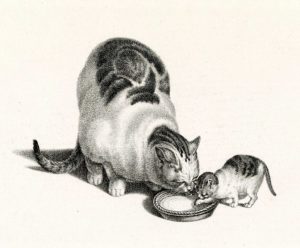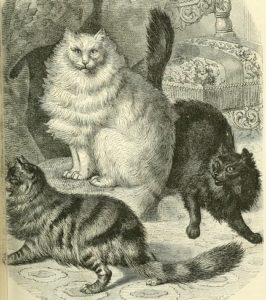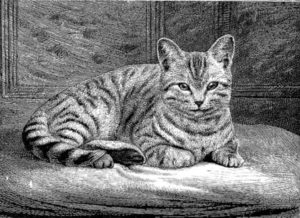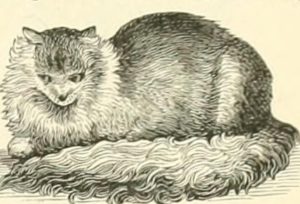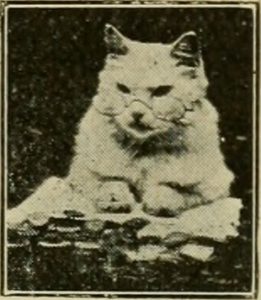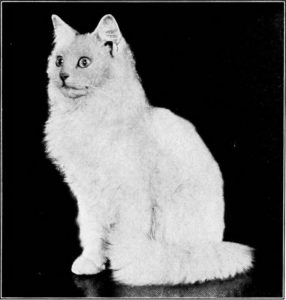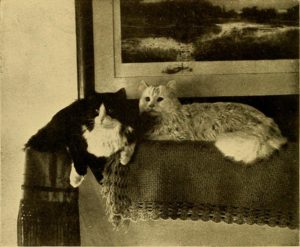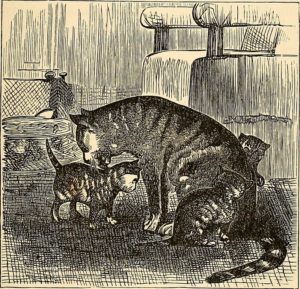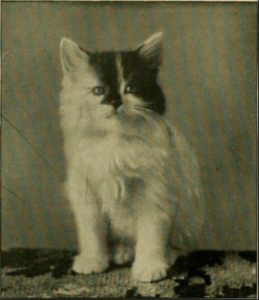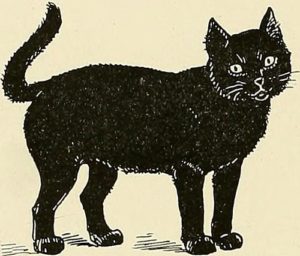
132nd chat, Tuesday July 19, 2022: libraries drop the I-word
6 pm Pacific / 7 pm Mountain / 8 pm Central / 9 pm Eastern
moderated by @LibFeminista
Wakelet (compilation of tweets) (pdf) by @violetbfox
In November 2021, the Library of Congress announced it would update two subject headings, changing “Aliens” to “Noncitizens” and “Illegal aliens” to “Illegal immigration.”
suggested resources:
- blog post: “Library of Congress Subject Heading Change Doesn’t Address the Real Issue” by Kelly Jensen, Book Riot, November 15, 2021
discussion questions:
- Q1. What language does your library (or your local public/university library) use to describe resources about undocumented immigrants? #critlib
- Q2. Do you think LC’s changes are sufficient? Why or why not? #critlib
- Q3. How does LC’s status as a federal agency play into this situation? What are the key issues that this complication causes? #critlib
- Q4. What barriers might stand in the way of libraries making this change in their own institution? #critlib
- Q5. What would help you convince your library (or other libraries) to make this change? What kind of support would you like to see available to people interested in starting this discussion? #critlib
